Boris Johnson is a prime minister whose place in history will be defined by how he changed British politics, rather than how he changed Britain.
Ironic for one who ranged himself on the side of the regular Brits against the elites. Entirely unsurprising, given he was elite to his marrow, but apparently careless and without conscience in playing the public in order only to promote himself.
As his chancellor and his foreign secretary begin their battle for power, it’s already clear how Johnson has rewritten the rules of such a struggle.
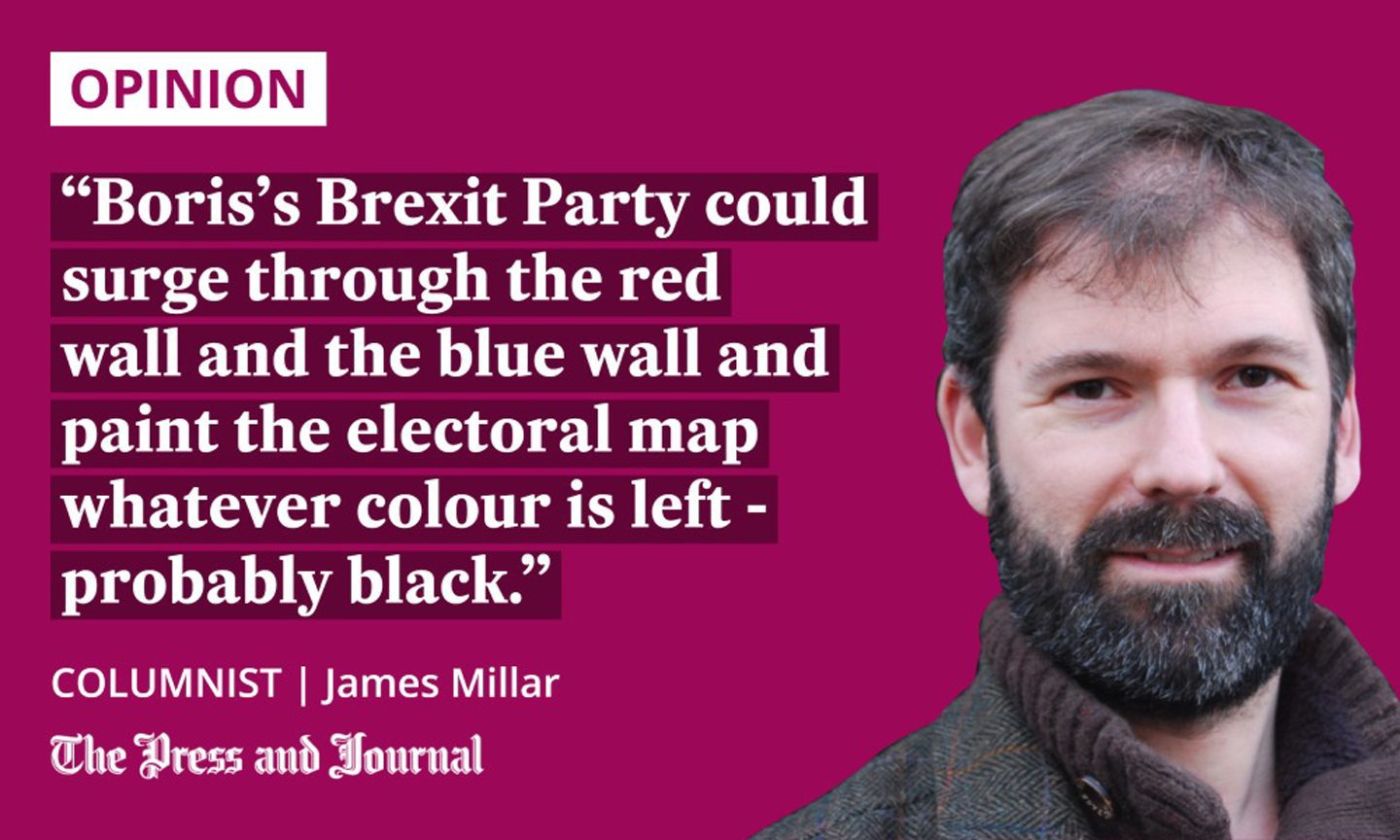
Liz Truss was last of the Tory wannabes to launch her campaign, meaning she could legitimately dodge doing interviews and subjecting herself to scrutiny until MPs were already voting on who they would put forward for the run off among party members.
Avoiding the media and ducking scrutiny are straight out of the Johnson playbook. This was the man who hid in a fridge to keep away from TV cameras during the 2019 campaign, and who consistently said he was happy to be interviewed by Andrew Neil ahead of election day, but who was the only party leader who failed to find time in his diary to do so.
Even the way politics is talked about has been changed. Apparently we’re all on first name terms with our leaders now. Boris has given way to discussions about Rishi and Liz, reflected in their campaign names – Ready for Rishi and Liz for Leader.
Johnson upended Westminster norms
Hiding from scrutiny and adopting first name terms may seem minor alterations to the fabric of the nation. But, they are indicative of Johnson’s ability to upend Westminster norms.
It would be foolish to expect it to end here. Particularly when he quit his final PMQs last week with the words: ‘Hasta la vista’
They said you couldn’t have an election in winter, but he won his majority in December 2019, and now conventional wisdom about the political calendar is undone. Whoever becomes prime minister in September is unlikely to go to the polls in May 2024 just because it’s the regular time for elections; expect the next general election in October or November 2024 instead.
Johnson threw the Tory wets out of the party, but kept the sex pests in. He prorogued parliament without a care for the constitution or the Queen. He degraded official statistics by peddling figures that the watchdog had warned him were inaccurate.
It’s a pattern of behaviour. And it would be foolish to expect it to end here. Particularly when he quit his final PMQs last week with the words: “Hasta la vista.”
On the one hand, it appeared to be a fitting finale to his time at Number 10, and a neat encapsulation of the man – though he has always wanted to project intelligence, wit and excellence, when the moment came, he could not find any and fell back on the populist and unimaginative. But, could it also have been a signal of intent?
Do new political parties have any hope?
One cast iron shibboleth of UK politics is that new parties have no hope, that you can’t do what Emmanuel Macron did in France: establish a new movement from top to bottom and make a dent in the two-party system.
And, yet, that doesn’t quite hold. It took the SDP a generation and a merger with the Liberals (previously displaced by the upstart Labour, of course), but Nick Clegg walked into Downing Street in 2010. (And then straight through to the Cabinet Office, via the back door nicknamed “the Clegg flap”.)
Nigel Farage’s Brexit Party ripped through the consensus, capturing the Conservative Party to the extent that an electoral truce was established between the two in 2019.
The audacity of Tory attack ads suggesting some sort of Labour-SNP tie up in future would be unworkable and unfair when, since 2010, it’s the Conservatives who led an actual coalition government, teamed up with the DUP to stay in power, and then made a pact with the Brexit Party is literally breathtaking.
Boris’s Brexit Party
It’s worth returning to the whole Brexit saga. Because it’s Brexit that propelled Boris to his majority, and Brexit was the superglue that bound his vote tightly.
Almost everything about UK politics in the last few years has been unlikely, particularly since Boris Johnson hit the top
Boris’s Brexit Party could surge through the red wall and the blue wall and paint the electoral map whatever colour is left – probably black.
Voters would already have seen Johnson in Downing Street. The thought of propelling him back to being PM would not seem as preposterous as any of the unlikely upstarts who launched their own party in recent years, such as Chuka Umunna, Gina Miller or Laurence Fox.
It all feels far-fetched but almost everything about UK politics in the last few years has been unlikely, particularly since Boris Johnson hit the top.
He has undermined, unpicked and undone so many political norms and niceties in the service of his drive for power, recognition, maybe love. The idea that he’ll suddenly stop that quest is the most preposterous prediction of all.
James Millar is a political commentator, author and a former Westminster correspondent for The Sunday Post
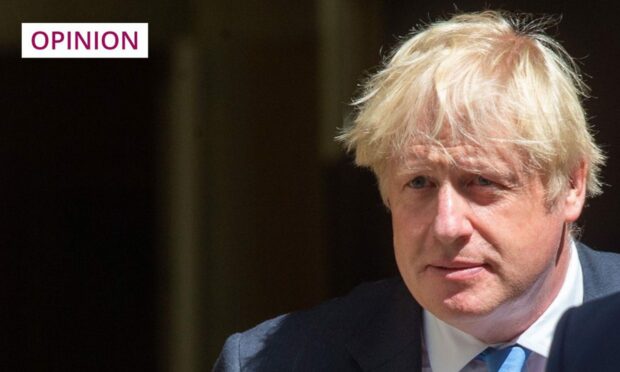
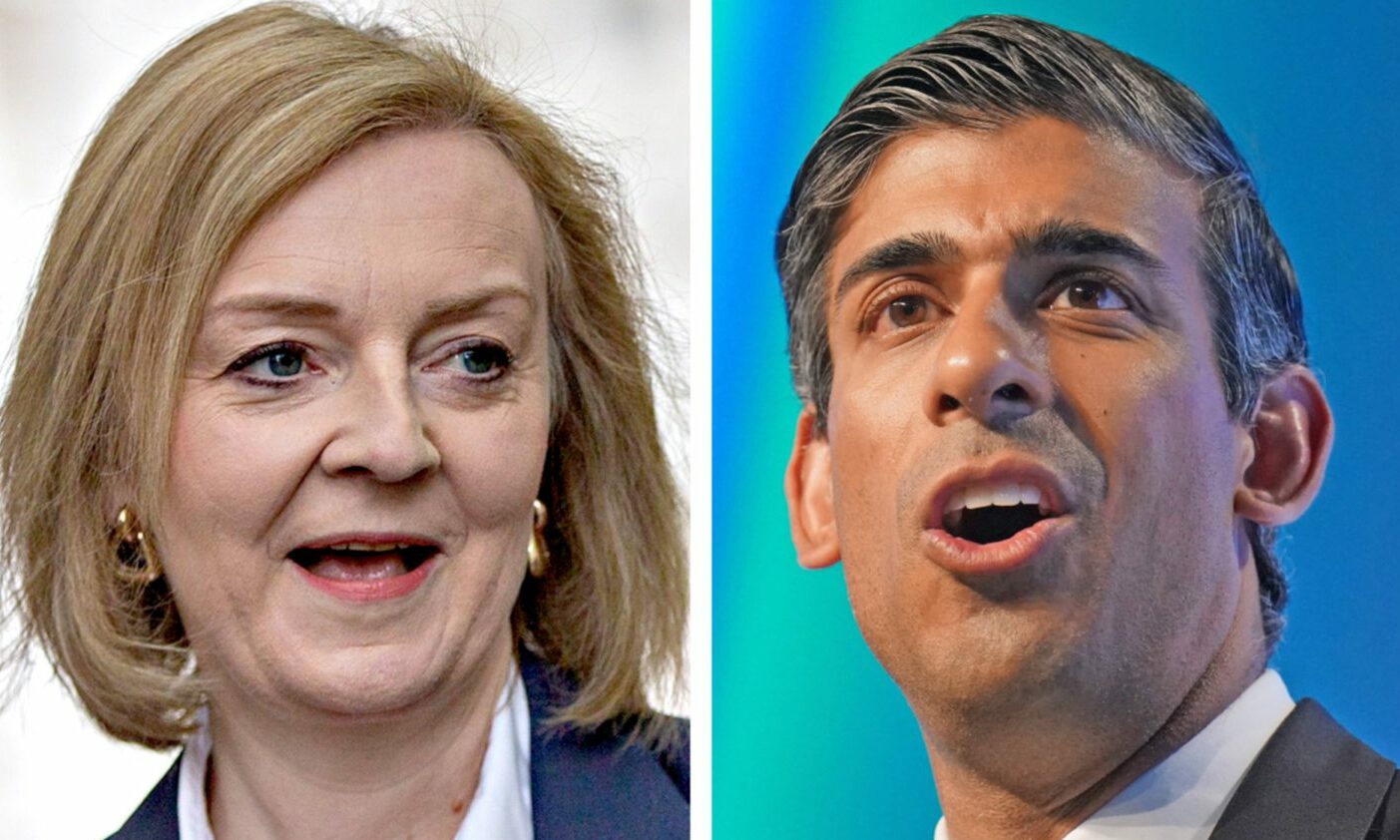
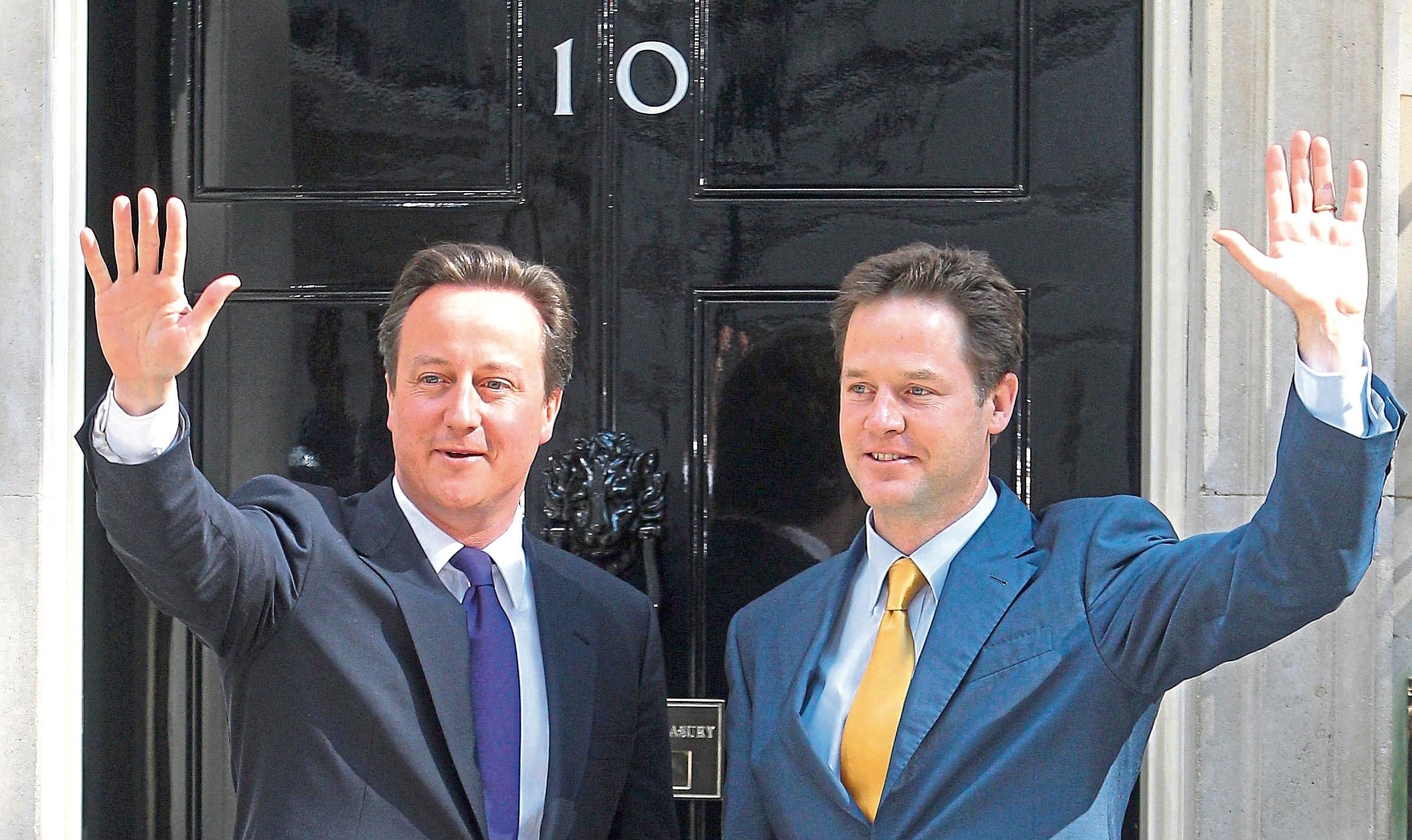
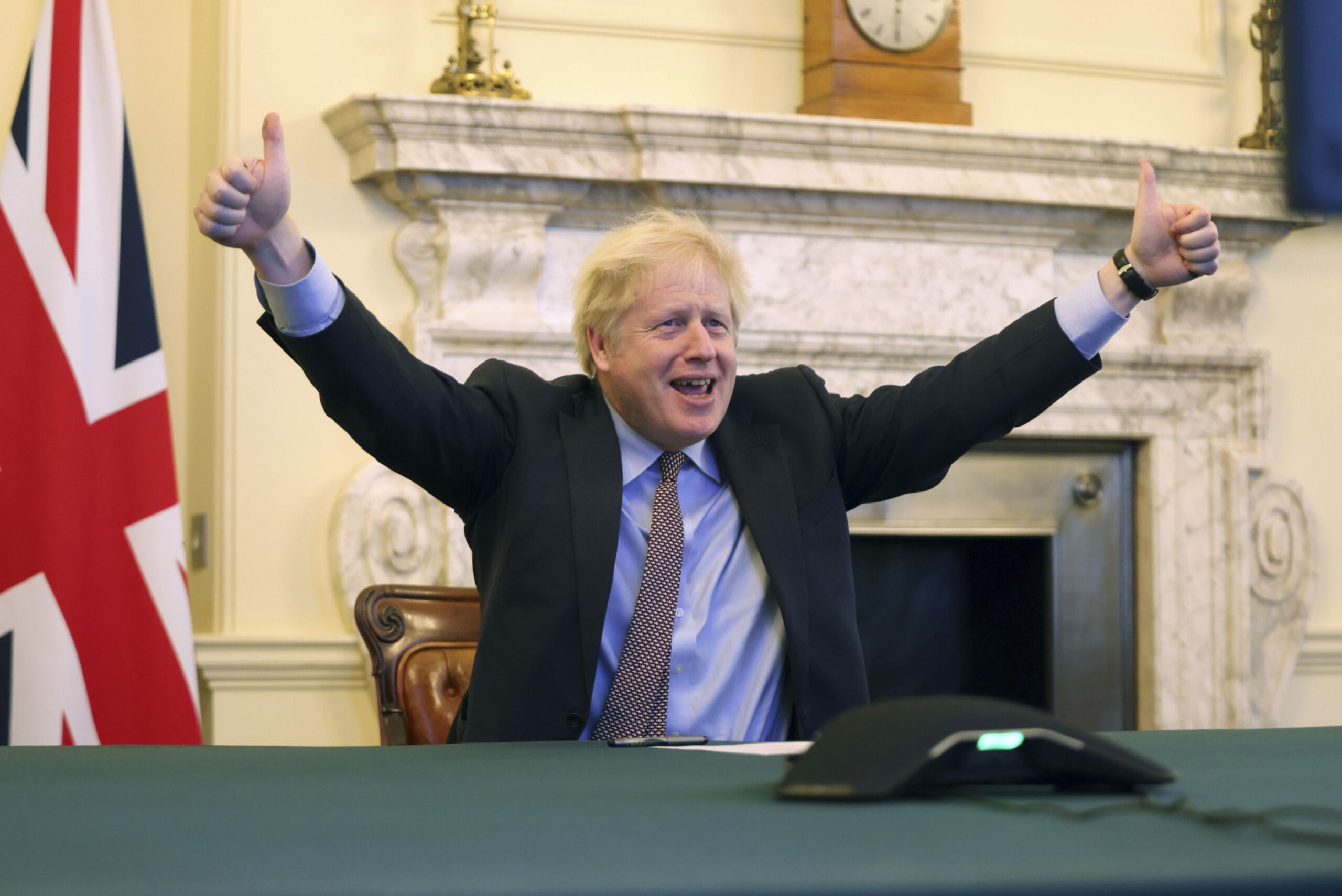
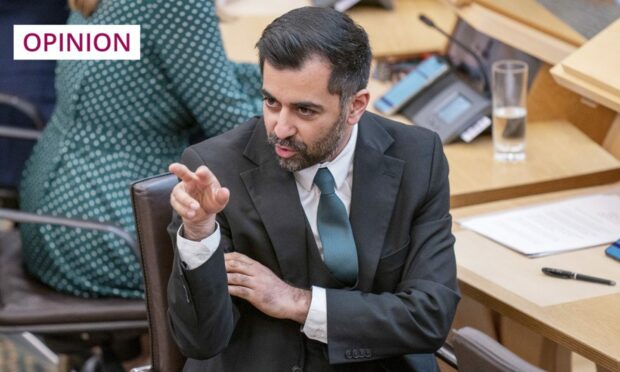
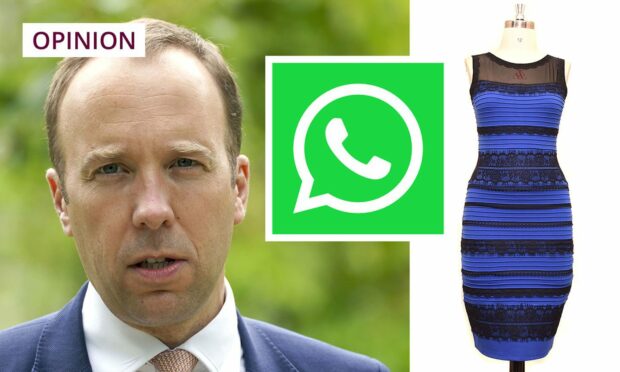
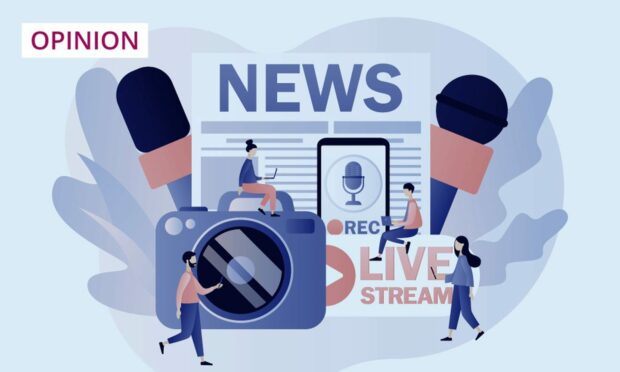
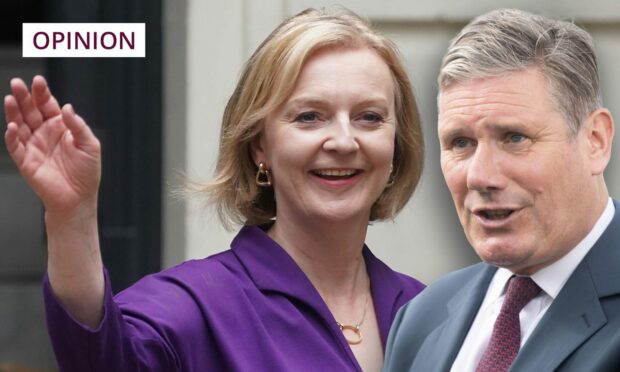
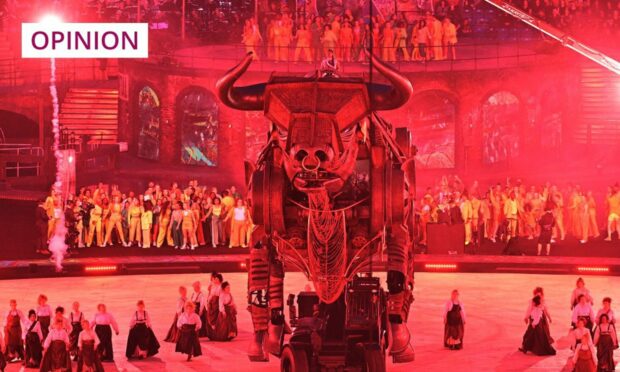
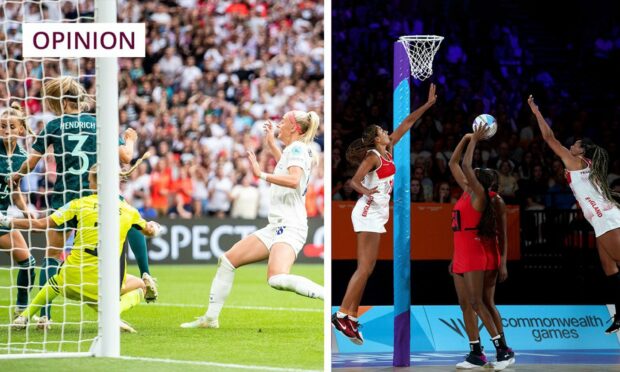










Conversation